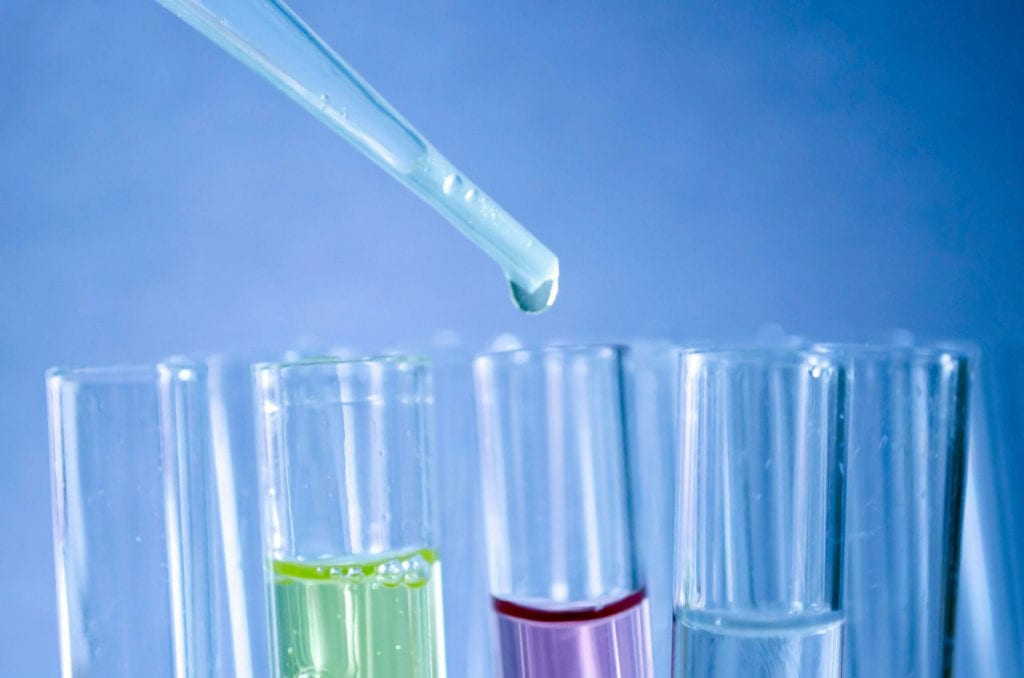According to a recent article, surveying sewage proved to be the key to helping scientists predict new virus outbreaks.
How It Works
It may seem crazy that your feces could predict a coronavirus outbreak, but the theory behind it is quite simple. Scientists will sample poo looking for evidence of the coronavirus. If the viral levels get to a specific threshold, it will allow health experts to predict an outbreak and warn people to stay home. When the viral levels go back down, the experts can then let people know it is okay to resume normal activities.
A Dutch team of scientists began testing this theory back in 2020 using a first-of-its-kind method where they run the sewage samples through a centrifuge, looking for the genes that make up the virus and help it reproduce. The results of their study proved that the coronavirus is detectable through this method and shows the specific genes needed to detect the virus.
Taking It One Step Further
Krista Wigginton, an associate professor at the University of Michigan’s civil and environmental engineering department, wanted to dig even deeper into this theory. She recognizes the importance of regular sewage testing, but she is leading a study to show how the coronavirus works through our pipes as well.
She stated that sequencing the coronavirus within wastewater gives a much clearer idea of the virus’ mutations and its origins in the community.
The outbreak of COVID-19 is not the first instance of Wigginton researching the levels in wastewater to detect coronavirus; she has been working on this for years. She and her colleagues collected local sewage samples for weeks in order to build accurate testing tools. They chose to focus their study in Palo Alto, California, since this area had extremely high case numbers.
Testing Poo Aids in Accessibility
Not every person has access to a coronavirus test to determine whether they are infected. Furthermore, as seen with the COVID-19 pandemic, people can be asymptomatic and never even know they have contracted the virus. However, everyone poops. Therefore, by looking at sewage systems and pipes, cities can get a more accurate idea of how many people actually have contracted coronavirus.
Biobot
A company named Biobot, based out of Boston, shifted their initial focus from using wastewater to track opioid use to using it to detect coronavirus. Mariana Matus, the CEO and co-founder of Biobot, revealed that Biobot has even come up with a portable testing device to focus on smaller neighborhoods.
“It would be a more accurate sense of the total number of cases, and not just those confirmed through the hospital system,” Matus said. “Not to mention all of the people who lack access to healthcare. There’s just many steps at which people can fall off and not be taken into account.”
Biobot started doing their work pro bono in collaboration with researchers at MIT, Harvard, and Brigham and Women’s Hospital. However, this month they were able to raise $20 million in funding to begin testing for influenza, COVID-19, and levels of opioid use.








